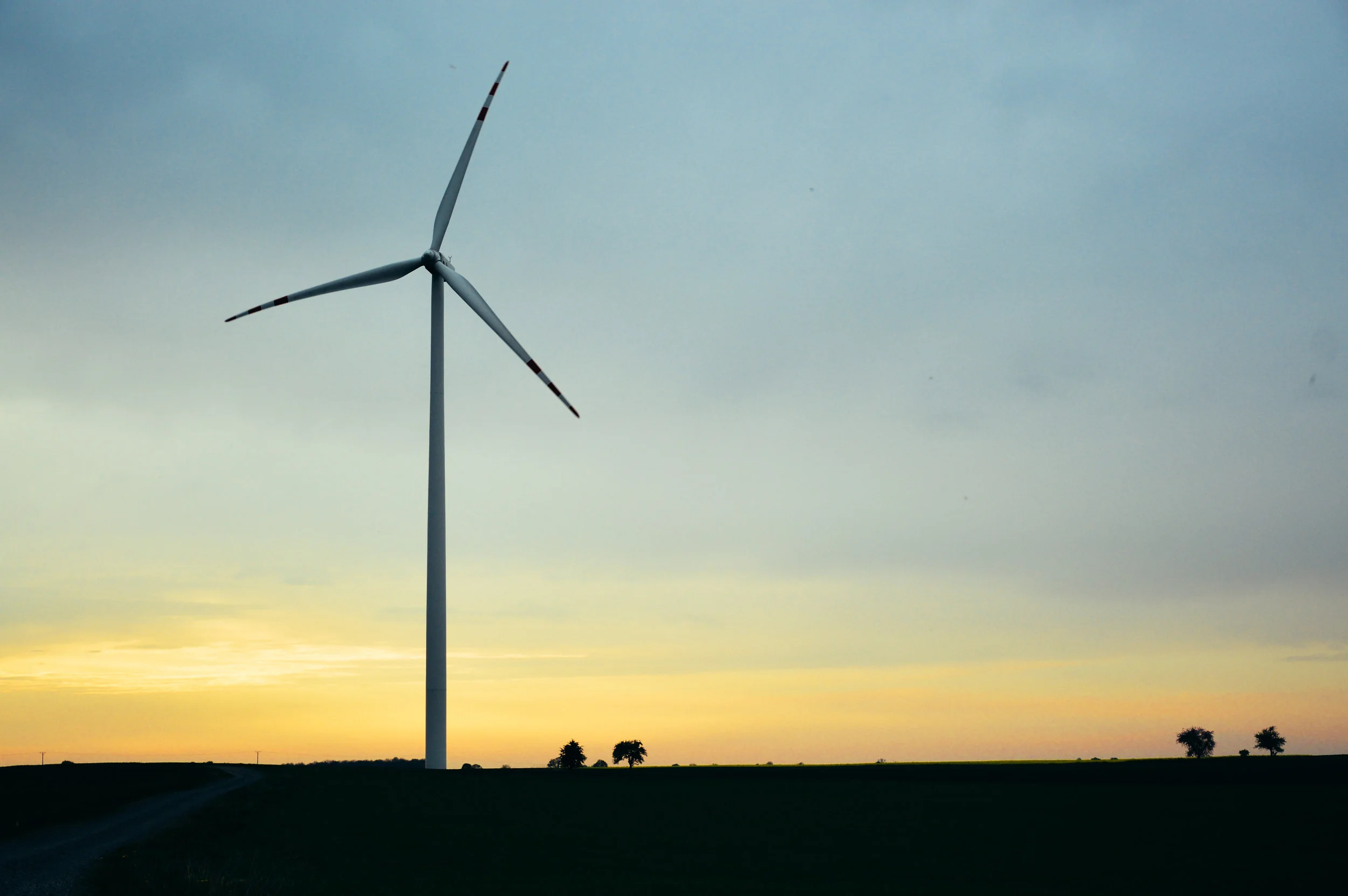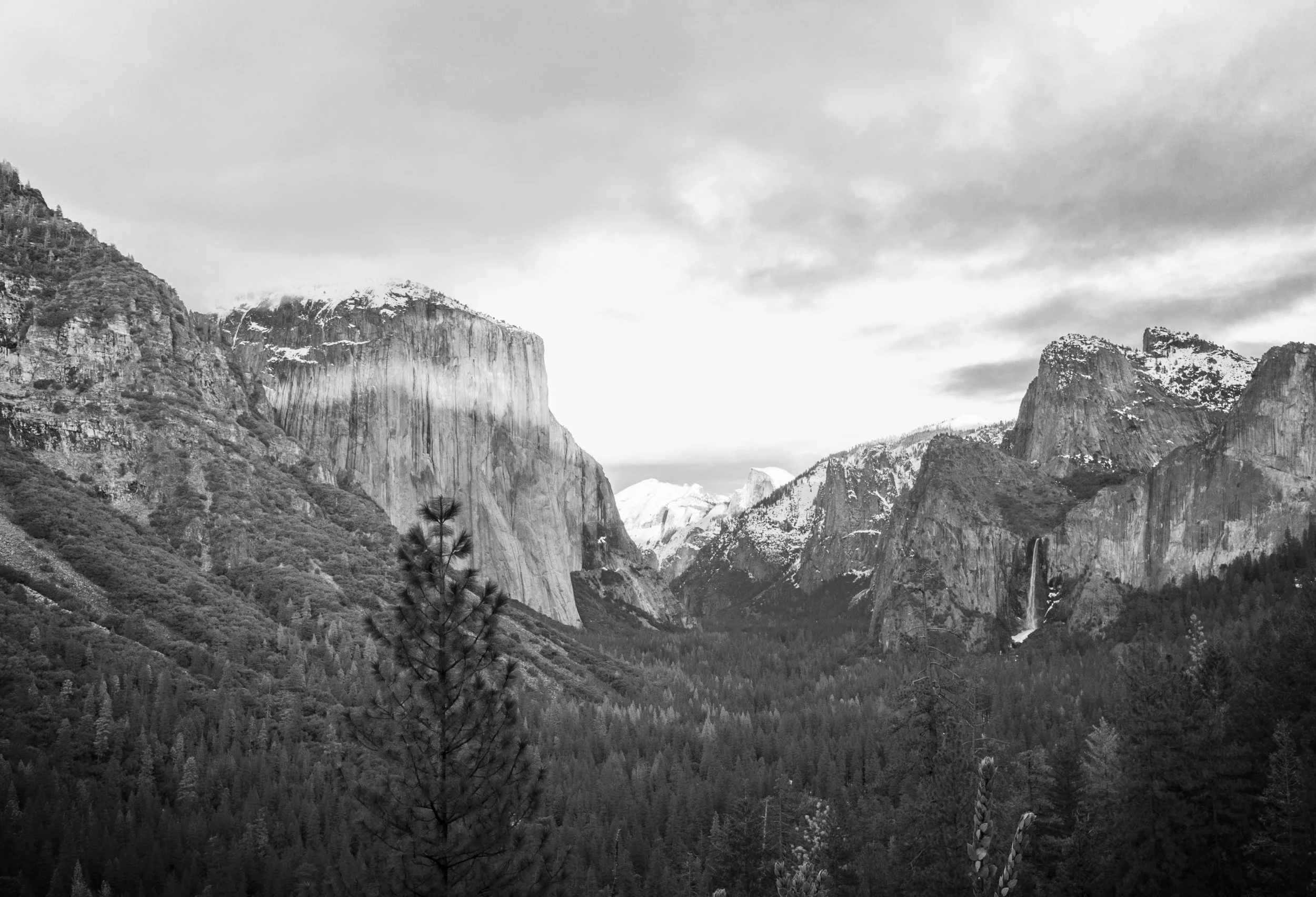We all want clean energy sources to power our homes, businesses, and transportation.Thanks to the bold endeavors of companies and entrepreneurs who have battled through significant opposition, sustainable, scalable renewable energy is finally becoming a reality. But there is another half to this puzzle that is discussed far too little: energy efficiency. Energy efficiency has significant benefits on people's health, and can help save tremendous amounts of money for businesses, families and governments. But more importantly, it is a critical tool in reducing society’s carbon footprint and avoiding further damage to our climate.
Putting The Conservation Back In Conservative: Part II
Our neighbors and relatives of different political opinions are not our opponents, but rather our partners in a collaborative process of democracy and societal growth. Though it’s often easy to focus on our differences, most Americans, regardless of their political affiliations, want many of the same things. Environmentally and economically, we are at a pivotal period in time which requires unprecedented cooperation amongst citizens and businesses in order to achieve a better future. In part one of this entry, I laid out the historical precedence for collaboration across party lines to mutual gain, and the benefits of utilizing new talking points to connect with conservative friends.
In part two, we’ll delve more deeply into the job numbers and economic advantages behind the renewables revolution, and connect these aspects to Republican ideals.
Putting the Conservation Back In Conservative: Part I
Very often, we can become jaded by the polarization of our political culture. In the era of Trump, where science-denial is the adopted stance of the federal government, it’s absolutely critical we find ways to reach out to our neighbors and discover common ground to create viable solutions to our problems.
This two-part piece explores these ideas, and challenges the traditional approach of progressive environmental politics in order to foster new alliances and to actualize solutions.
The Post-Paris Blues; So Now What?
As anticipated, President Donald Trump has officially withdrawn the United States from participation in the 2015 Paris Climate Accord. The move is undoubtedly a blow in the global fight against climate change, but as the dust clears, powerful alliances can be seen forming in the U.S. Can such an ill-advised decision catalyze new movements and forces for good?
The Future Drives Itself
A Bay-area entrepreneur and a London-based venture capitalist join forces to lay out a dramatic vision for the next 15 years of transportation. Their conclusions have truly profound impacts on global economies, the environment, people’s social lives, and geopolitics. And while the ideas presented may appear radical at first, a deeper read tells a convincing tale of a futuristic transportation sector just a few years away.
Soil: The Dirt Needed for our Clean Future
Despite Washington’s Wishes, Coal’s Decline Will Continue
We’ve heard a lot in recent years and months about a [“war on coal”][1] taking place in the United States of America. Progressive activists and politicians have been attacked for depriving coal-workers and their families of their livelihoods, and for having some naive dream of clean, renewable energy. When announcing a new Trump administration initiative aimed at increasing domestic coal production, Secretary of the Interior Ryan Zinke stated, [“We can’t power the country on pixie dust and hope.”][2] While hope is certainly not a reliable source of energy, I for one am eagerly awaiting the technological breakthroughs necessary to bring about the pixie-dust revolution.










